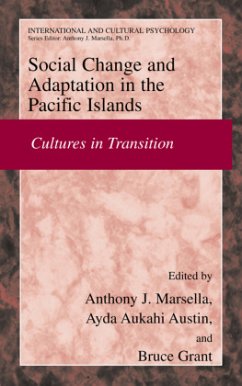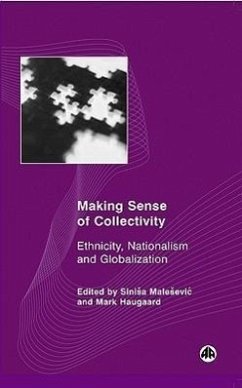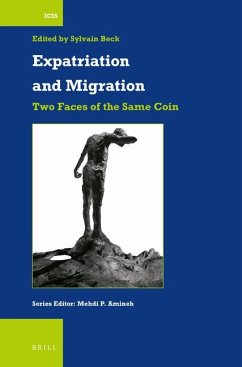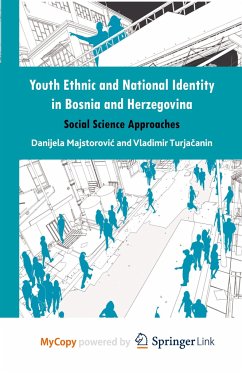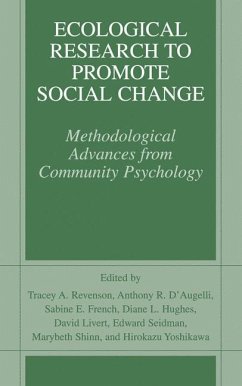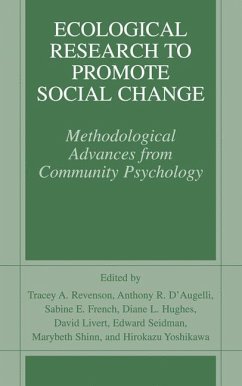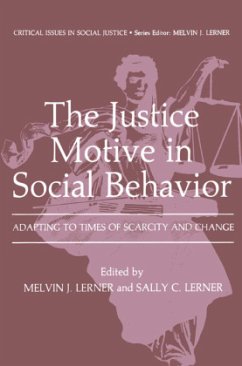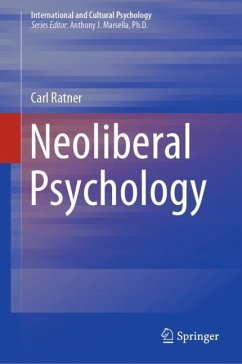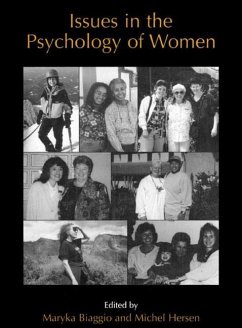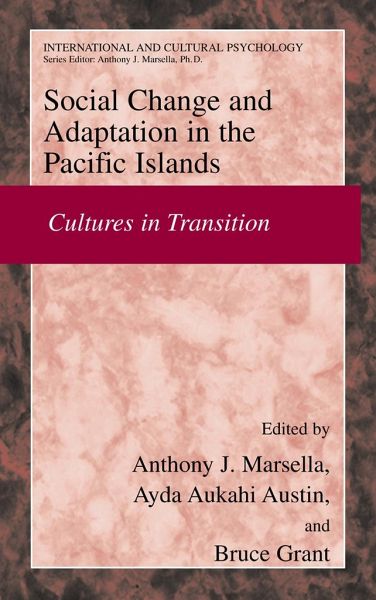
Social Change and Psychosocial Adaptation in the Pacific Islands
Cultures in Transition
Herausgegeben: Marsella, Anthony J.; Austin, Ayda Aukahi; Grant, Bruce
Versandkostenfrei!
Versandfertig in über 4 Wochen
103,99 €
inkl. MwSt.

PAYBACK Punkte
52 °P sammeln!
The Pacific Island oceanic and rim nations include many traditional societies and emerging nations that have experienced abusive histories of colonization, exploitation, and social change and upheaval. Their peoples are struggling to restore traditional cultural heritages and identities in a world community dominated by Western values and lifestyles. The conflicts, uncertainties, and instability of this transitional time are reflected in these populations' current social and psychological difficulties. This volume is one of the few devoted to these issues and covering a range of problems inclu...
The Pacific Island oceanic and rim nations include many traditional societies and emerging nations that have experienced abusive histories of colonization, exploitation, and social change and upheaval. Their peoples are struggling to restore traditional cultural heritages and identities in a world community dominated by Western values and lifestyles. The conflicts, uncertainties, and instability of this transitional time are reflected in these populations' current social and psychological difficulties. This volume is one of the few devoted to these issues and covering a range of problems including substance abuse, hopelessness, violence, crime, abuse, juvenile delinquency, suicide, and AIDS.





